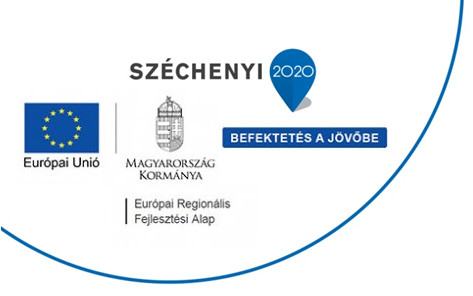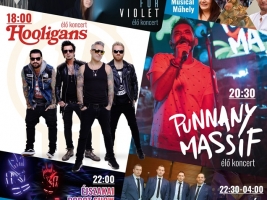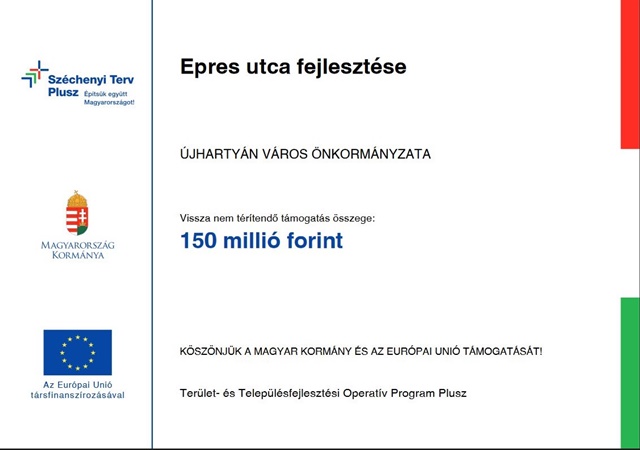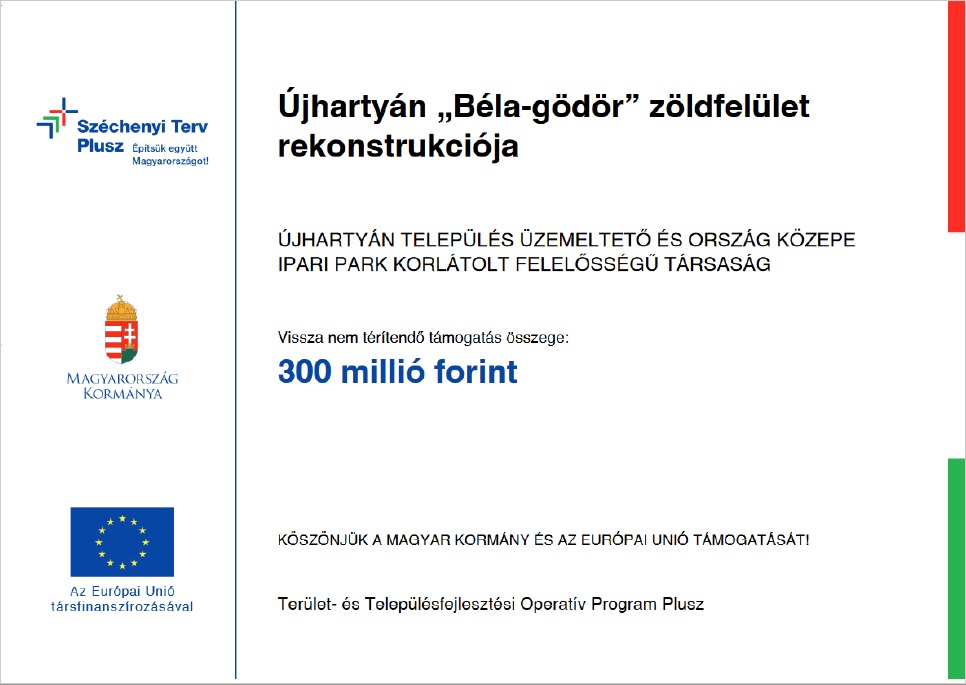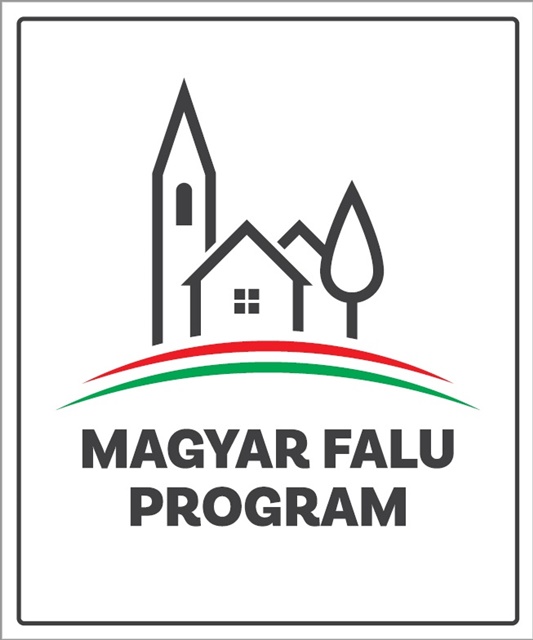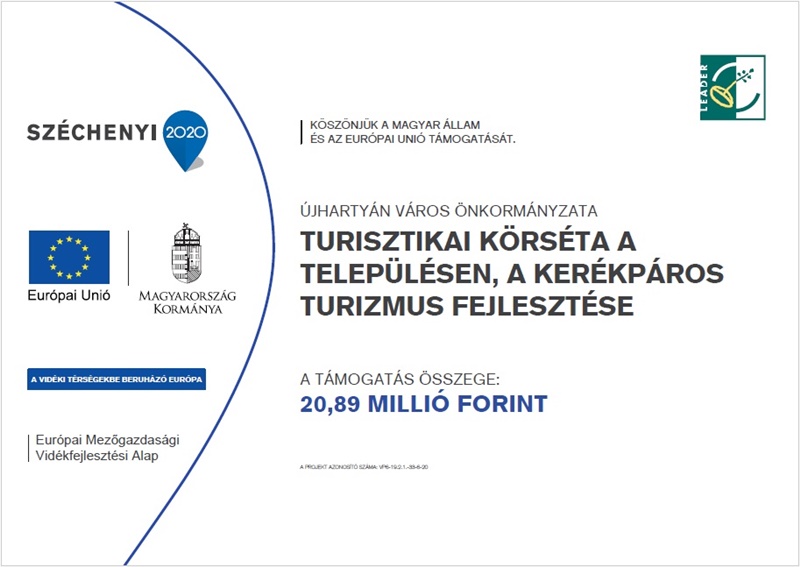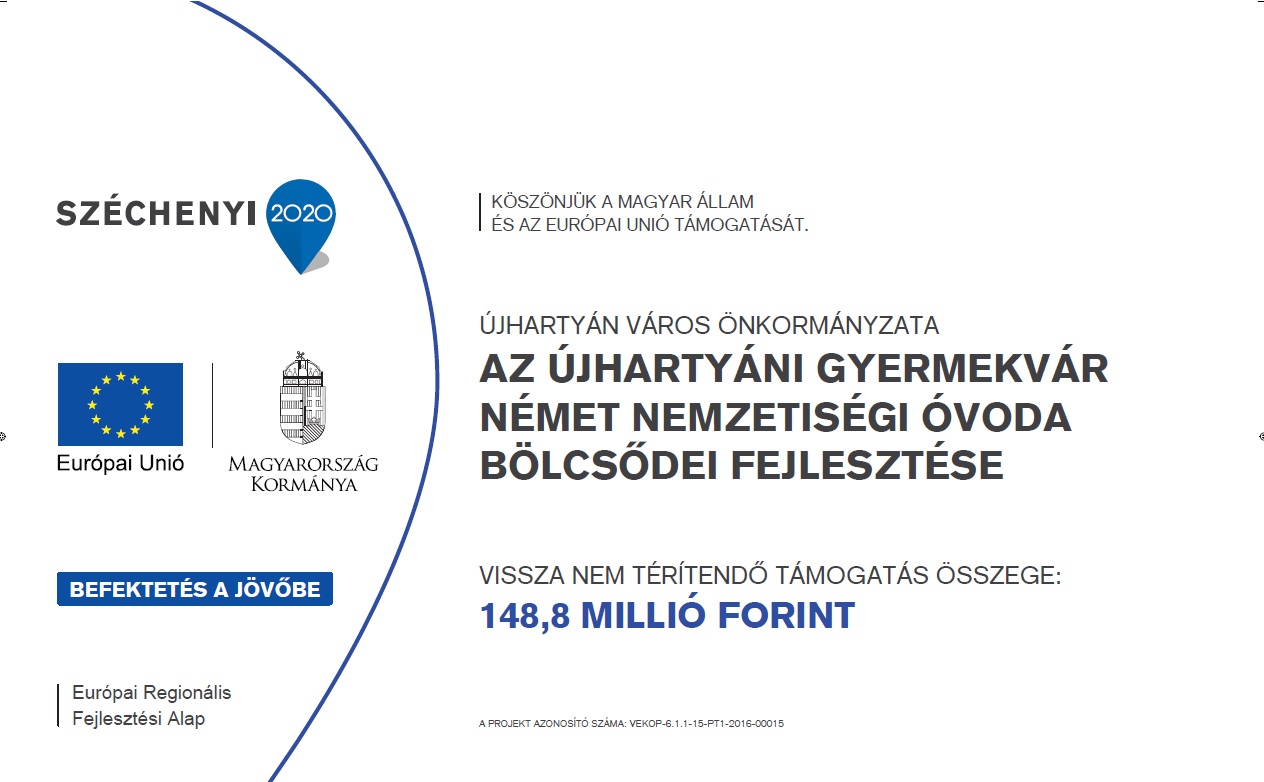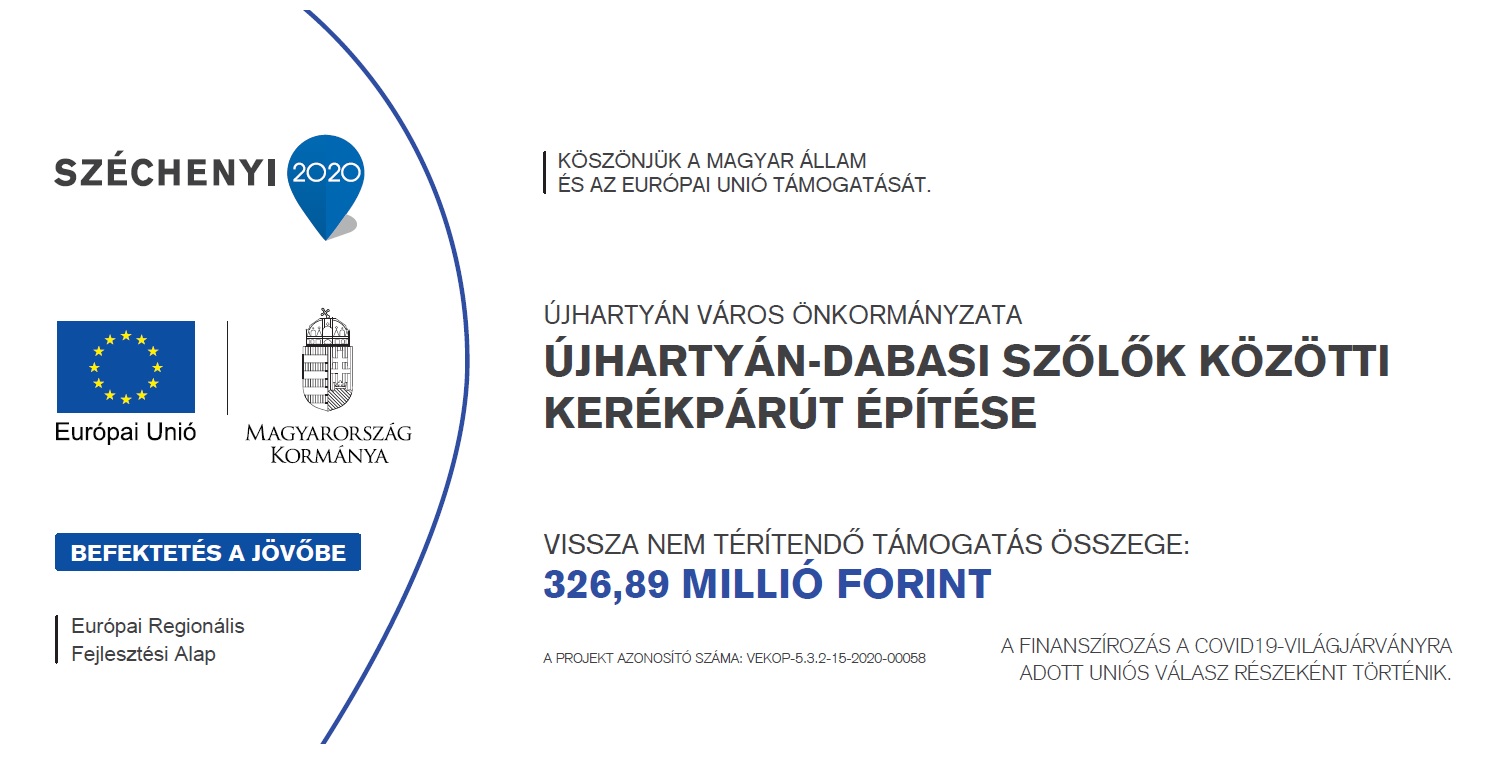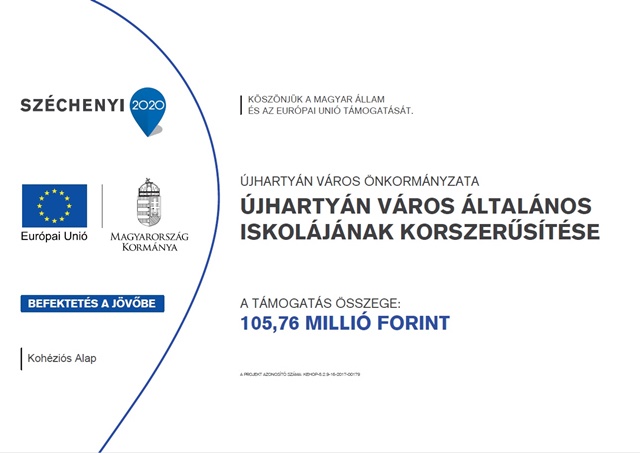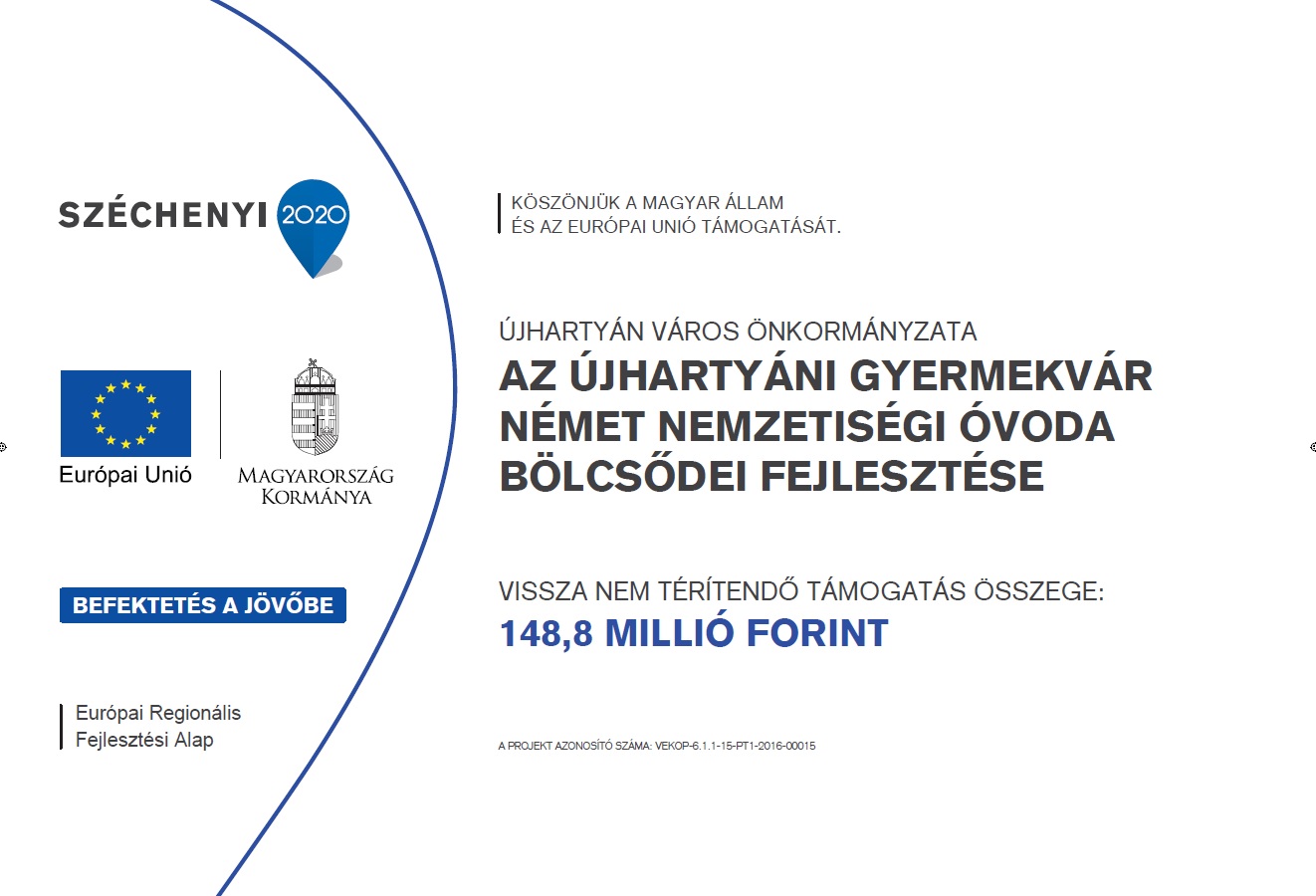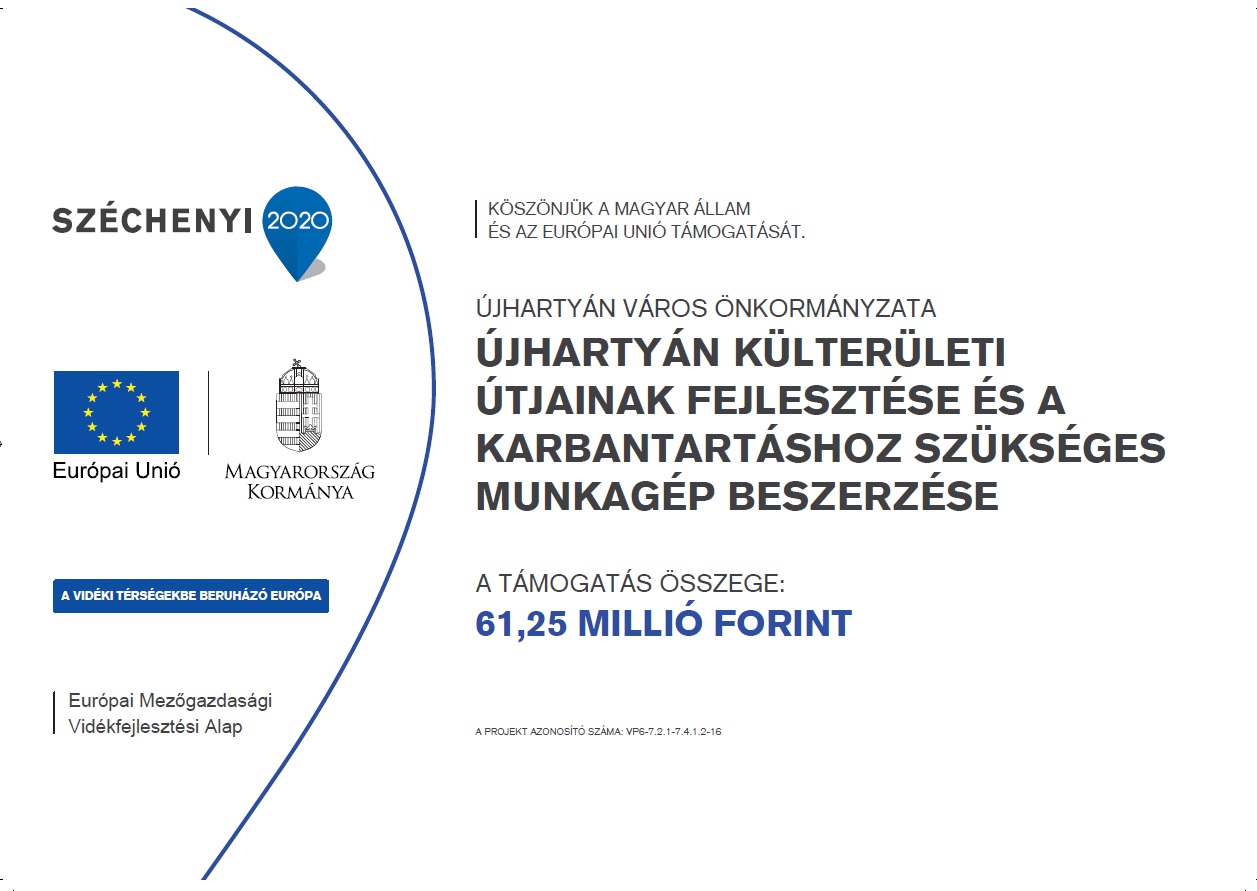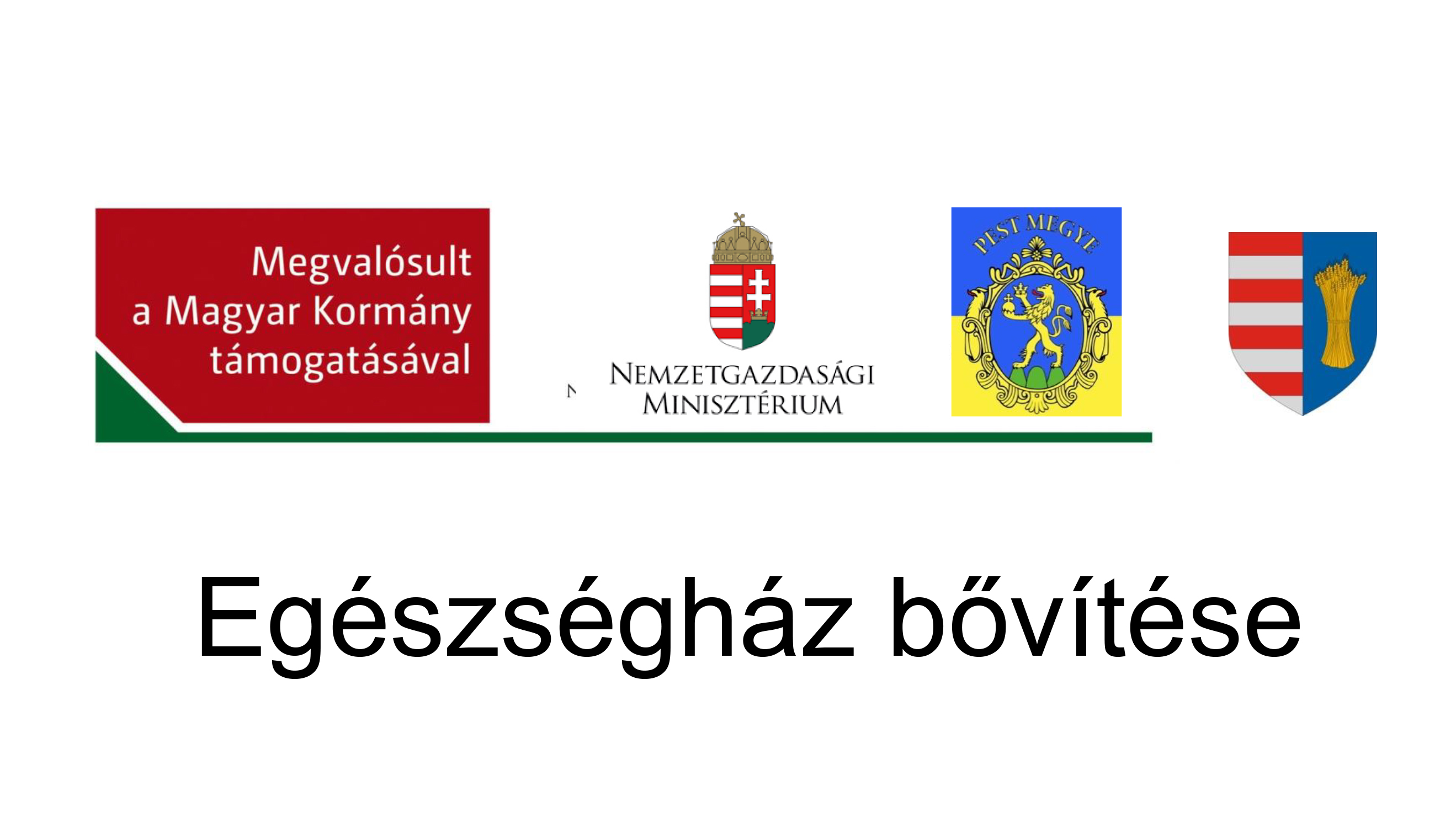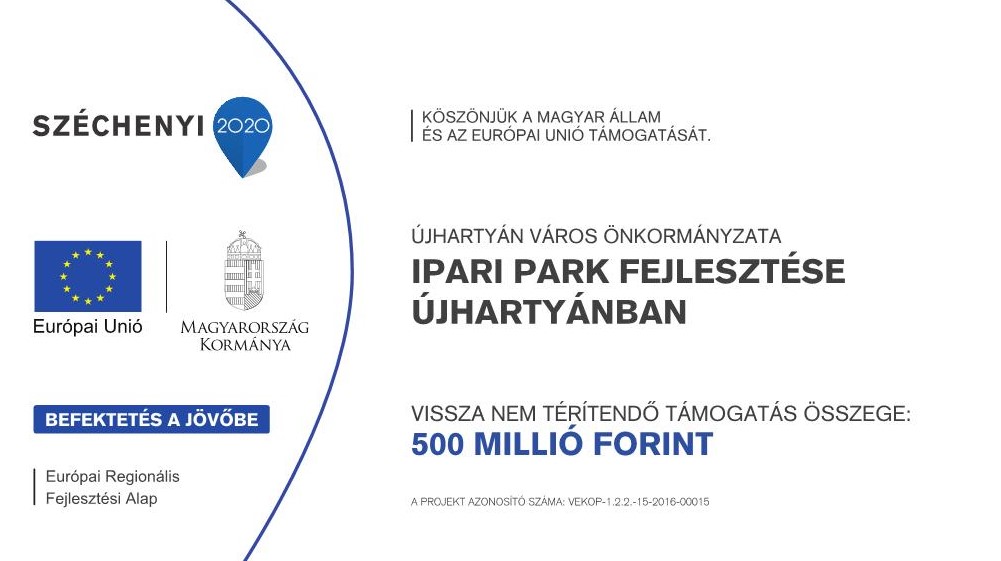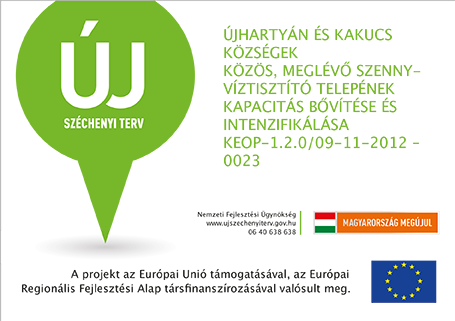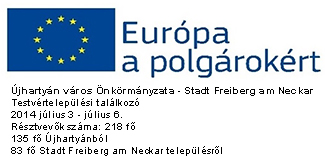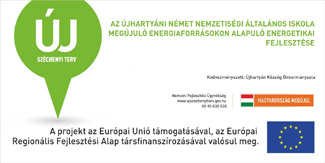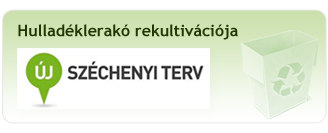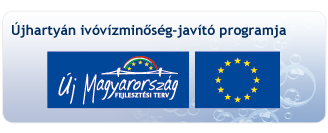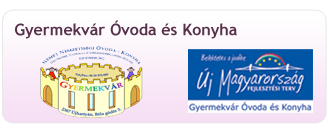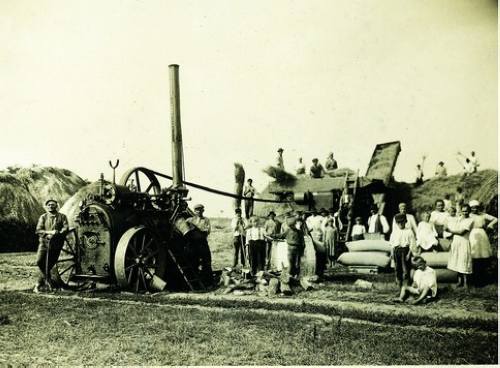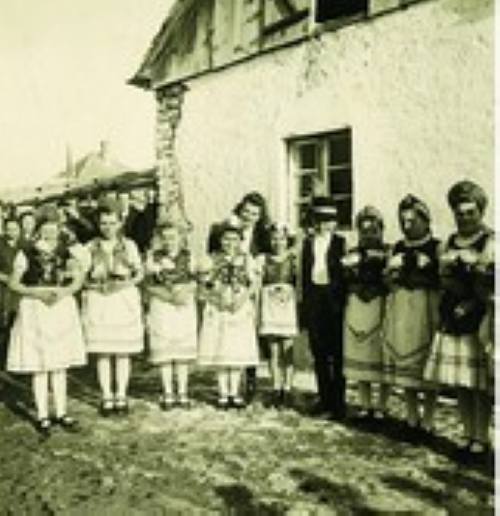Iv. fejezet
IV. Fejezet:
Mezőgazdaság, tanyasi élet
Jószerével eltűntek már a tanyák az egykori hartyáni határból, bár az utóbbi időkben főleg a vatyai részeken reneszánszukat élik. Emléküket és lakóik emlékét őrzik még a fényképek. A paraszti élet talán legnagyobb és legféltettebb ünnepe volt a betakarítás – különösen az aratás, a cséplés, a szüret, a disznóvágás. A cséplést ábrázoló képek érzékeltetik az „élet”, a kenyér születésének pillanatát. A tanyasi ember mindig büszke volt szabadságára, önállóságára, az állataira, gazdaságára. A fényképeken látjuk: a jószágot szinte családja részének tekintette a gazda és velük együtt állt a korabeli fotográfus masinája elé.
Kora kiemelkedő főura, mecénása, a keszthelyi mezőgazdasági főiskola, Georgikon alapítója, Széchenyi Ferenc évente magával vitte gyermek fiát, Istvánt - a majdani legnagyobb magyart - birtokainak meglátogatására és a gyereknek meg kellett csókolnia a falu első jobbágyának, az ő jobbágyuknak a kezét mondván: tanuld meg fiam, ez az a kéz, amely neked és a családodnak az életet biztosítja.
A parasztember hasonló becsben tartotta gazdaságát: addig, míg el nem látta állatait, nem ült asztalhoz, a kenyérre keresztet vetett mielőtt megvágta, étkezés előtti imájában hálát adott Istennek, hogy gondoskodott a család kenyeréről.
IV. Kapitel:
Landwirtschaft, Leben auf dem Gehöft
Die Gehöfte sind aus dem Neuhartiner Grentgebiet schon beinahe verschwunden (aus dem ehemaligen Grenzgebiet noch nicht: nach Újlengyel, auf dem Vatyaer Gebiet erleben sie ihre Renaissance). Ihr Andenken und das Andenken ihrer Bewohner sind auf den Fotos noch aufbewahrt. Vielleicht das größte und meist geachtete Ereignis des Bauernwesens war das Einbringen – vor allem die Ernte, der Drusch, die Weinlese, das Schlachtfest. Die den Drusch darstellenden Bilder zeigen uns die großen Momente der Geburt des Brotes, des „Lebens” Der Bauer auf dem Gehöft war immer stolz auf seine Freiheit und Selbstständigkeit, auf seine Zuchttiere und Wirtschaft. Auf den Fotos ist es gut zu beobachten, der Landwirt betrachtete das Tier als Teil seiner Familie und ließ sich samt mit ihm vor die Maschiene der damaligen Fotographierer stellen.
Ein hervorragender Großgrundbesitzer und Mäzen seiner Zeit, der Begründer der Landwirtschaflichen Hochschule, der Georgicon in Keszthely, Graf Franz Széchenyi hat jedes Jahr seinen Sohn Stefan – den späteren größten Ungarn – zum Besuch seiner Landgüter mitgebracht und das Kind sollte dem ersten Leibeigenen des Dorfes – ihren Leibeigenen – die Hand küssen um zu lernen, dass diese Hand ihm und seiner Familie das Leben gibt.
Der Bauer schätzte ähnlich seine Wirtschaft, er setzte sich nicht zum Tisch bis er seine Tiere nicht gefüttert hat, schlagte ein Kreuz auf das Brot eher er das geschnitten hat, und in seinem Gebet vor dem Essen bedankte er sich Gott, dass er das Brot für die Familie besorgt hat.
Chapter IV
Agriculture, life on the farms
Almost all of the detached farms disappeared from the fields of the village (not from the fields of those times: beyond Újlengyel, in the „vatya” parts their revival can be seen). The photos keep the remembrance of those farms and their owners. Harvest was maybe the biggest feast of farmers they took care of the most – especially reaping, threshing, grape harvest and pig slaughter. The pictures of threshing show the moments of the birth of "life”, bread. Farmers have always been proud of their freedom, independence, animals and farms. We can see it in the photos that animals were handled almost as members of their families and were standing in front of the camera of the photographers with them. An outstanding aristocrat and patron of his times, Ferenc Szécsényi, who was the founder of Georgikon Agricultural College, brought his son, István – the greatest Hungarian to be - along with him every year to visit their lands and the child had to kiss the hand of the first serf, who served them as his father said: always keep it mind, my son, these hands provide life to you and your family.
Farmers also esteemed their farms: they did not sit down to have dinner until the animals were not fed, crossed the bread before cutting it and thanked God in their prayers before eating for the food Lord gave them.
